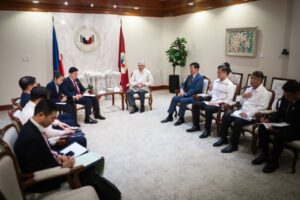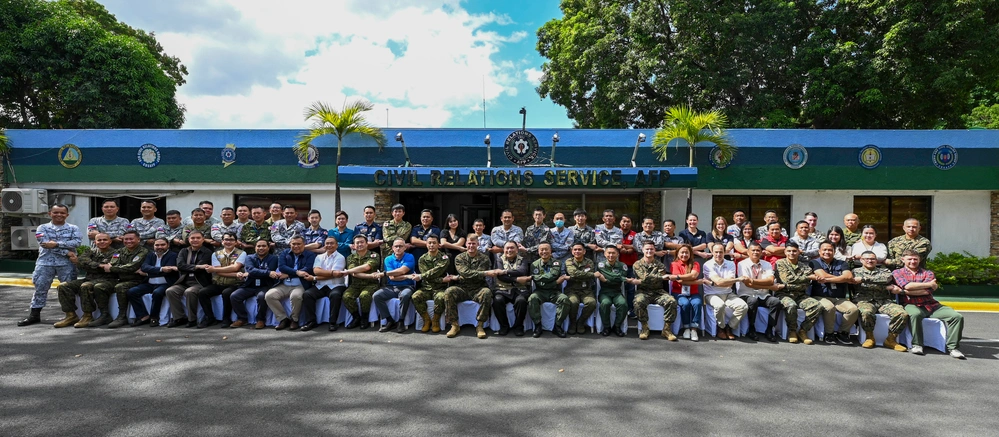
United States, Philippine, and Japanese military forces, along with civilian leaders, gathered recently for a three-day Balikatan 25 Humanitarian Assistance and Disaster Relief (HADR) Tabletop Exercise, working together to enhance crisis response coordination and strengthen their longstanding alliance.
The trilateral exercise fulfills a pledge made by the leadership of the three nations and captured in an April 11, 2024 Joint Vision Statement. It strengthens their extensive cooperation in HADR while simultaneously demonstrating that working together advances the security and prosperity of the nations and the Indo-Pacific region.
Conducted in support of Balikatan 25, the HADR exercise ensures the three countries remain ready and able to work together seamlessly and expeditiously in response to any crisis or contingency. It serves as a tangible representation of the half-billion people the nations represent and a proud and resolute commitment to shared values of freedom, democracy, and respect for human rights.
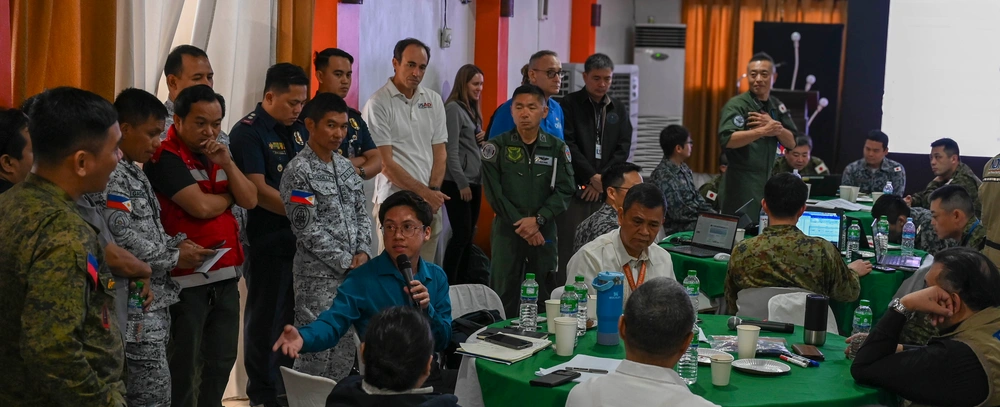
Hosted at Camp Aguinaldo, the exercise simulated a powerful typhoon striking northern Philippines, requiring participants to synchronize logistics, coordinate emergency responses, and overcome complex multinational challenges.
The exercise kicked off with opening remarks from Col. Edgardo Talaroc, commanding officer of the AFP Office of the Deputy Chief of Staff for Education and Training, representing the Armed Forces of the Philippines (AFP) Joint Task Force; Col. Michael Aldridge, director of the Combined Joint Civil-Military Operations Task Force, representing the U.S. Joint Task Force; and Col. Ryoichi Goto of the Japan Self-Defense Forces (JSDF), chief of the International Operations Section, 2nd Operations Division, JSDF Joint Operations Command, representing the JSDF.
“Let this exercise serve as a reminder of our collective responsibility; not just defenders of our nation, but as humanitarians, allies, and partners for peace,” said Talaroc. “We are building a future where our people know that in their time of greatest need, help is never far away.”
One of the most impactful elements of the exercise was the application of the Multinational Coordination Center (MNCC) framework, which enabled participants to rehearse how foreign military forces would support the host nation without disrupting civilian-led relief efforts. This reinforced the shared commitment to sovereignty, coordination, and effectiveness in multinational responses.
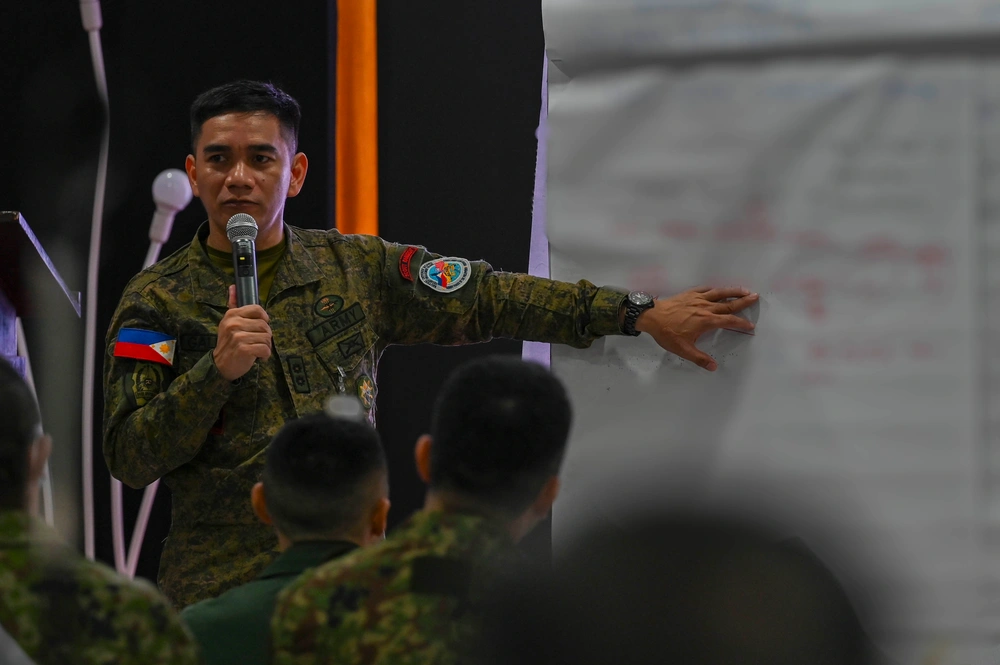
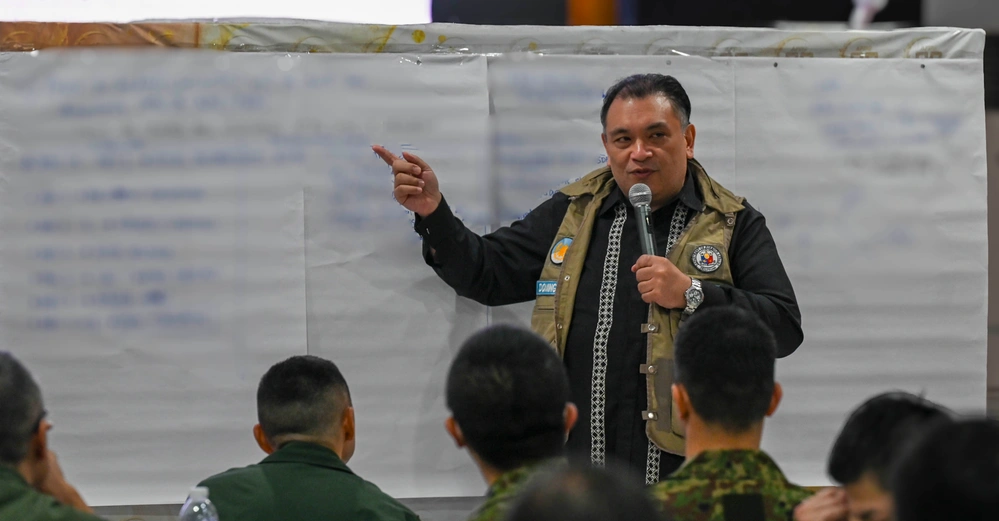
Throughout the three-day event, participants conducted combined gap analyses focused on the Batanes region, practiced processing humanitarian assistance requests between nations, and drafted a multinational support plan based on lessons learned from previous typhoon responses. The exercise culminated with advanced planning for future virtual HADR working groups and the refinement of logistics and liaison officer roles to better support rapid crisis response.
Japanese forces provided crucial shaping for the multinational planning approach, offering insights into government-to-government coordination and offering scalable capabilities for transport, engineering, and humanitarian logistics.
Balikatan is a longstanding annual exercise between the U.S. and Philippine armed forces designed to strengthen the alliance, showcase the capable combined force, and demonstrate the commitment to regional security and stability.
(photo credit: Airman 1st Class Carson Jeney via Defense Visual Information Distribution Service website)
